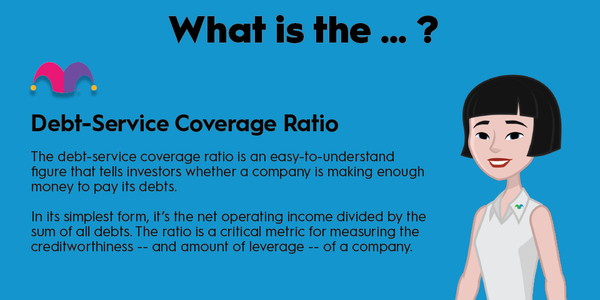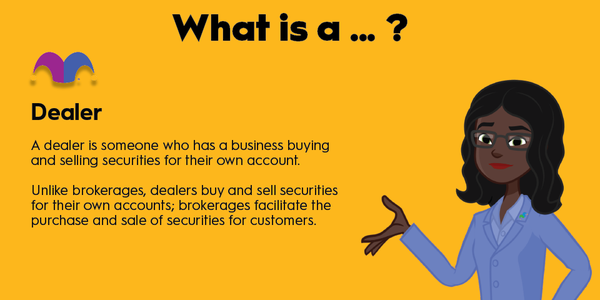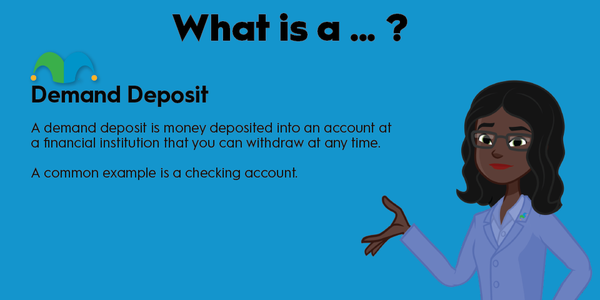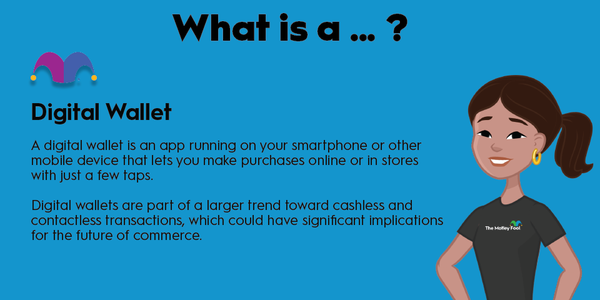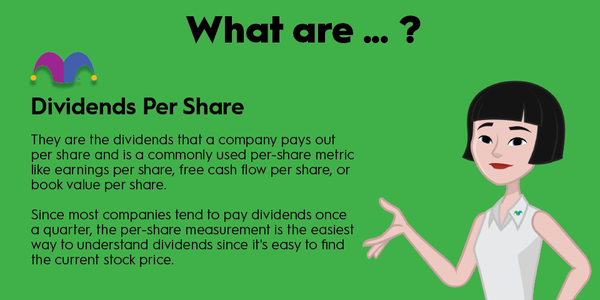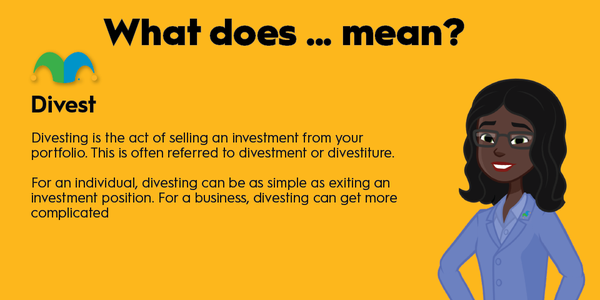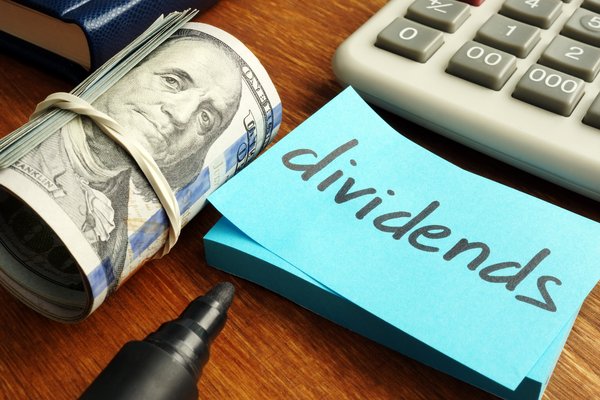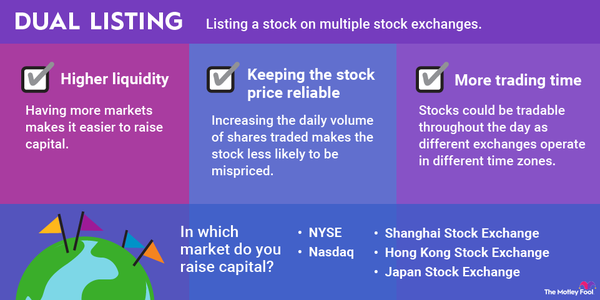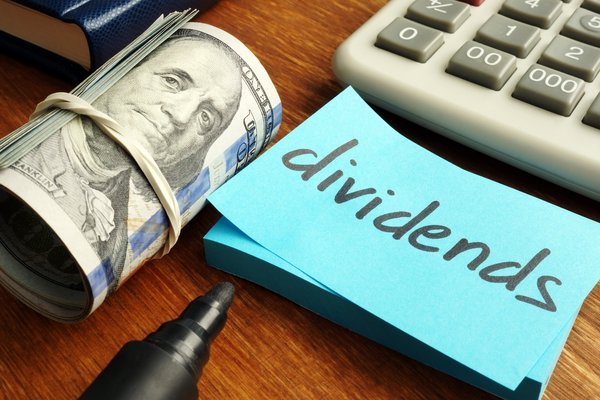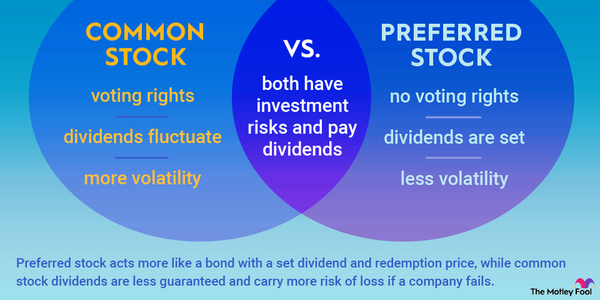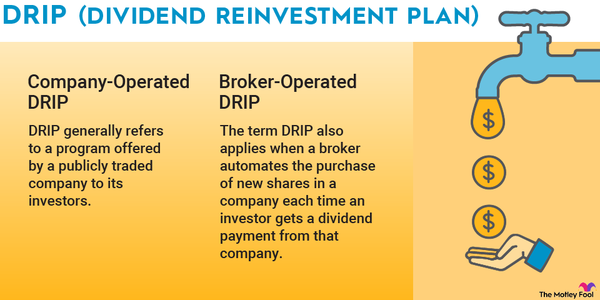When a consumer-owned business decides to go public, a few things must happen to make the consumer owners whole. This process is called demutualization. Read on to learn more about how the sausage is made.

What is demutualization?
What is demutualization?
When a private company previously owned by members or customers decides to take on shareholders, changing its ownership and organizational structure, it's said to have undergone demutualization.
Changing from a private company to a publicly traded one can be good or bad for customer owners, depending on how they own their portion of the company and whether they care about liquidating their shares.
If they wish to continue as owners, they may gain additional voting rights or other benefits with the demutualization process. However, if they don't, those previously illiquid ownership stakes will be converted to shares or other highly liquid securities, making them easy to sell off and divest the ownership completely.
What companies demutualize?
What kinds of companies tend to demutualize?
There are much fewer mutual companies these days, but demutualization is still happening. For some companies, it represents a change to more modern ways of buying and selling ownership in the business. For others, it may help them raise additional funds for expansion or paying down debt.
It can also allow for corporate restructuring since many companies that go through demutualization emerge as wholly new corporations. Businesses demutualized in the past include insurance companies, savings and loan associations, banking trusts, credit unions, and securities exchanges like the New York Stock Exchange. (Yes, that New York Stock Exchange).
Types of demutualization
Types of demutualization
There are two main types of demutualization: full demutualization and sponsored demutualization.
With full demutualization, the original mutual company essentially buys all the stocks at issue once it's fully converted into a publicly traded company. Consumer owners are compensated using these shares, cash, or statement credits, depending on what they choose.
In sponsored demutualization, the mutual company's stocks are instead purchased by a new parent corporation, which then holds all the stocks and ownership of the former mutual company. Consumer owners are then issued stocks for the new company or given cash compensation.
The main difference between these two types is who owns the company once it's gone public. Is it the original mutual company, which may include some older corporate structures that could be difficult to translate, or is it a wholly new company with a presumably modern structure?
Tax implications
Tax implications of demutualization
According to the Internal Revenue Service, demutualization often qualifies as a tax-free reorganization, meaning you may not have a tax obligation with your new stock shares. Provided you hold them for a set holding period based on the stock type, you won't have any capital gains to report from the transaction.
On the other hand, if you elect to receive cash instead of stock, it's considered the same as immediately selling the stock back to the corporation, potentially resulting in a capital gain and the associated tax burden. Depending on how long you held your policy or ownership stake before the demutualization, it could be considered a long-term (over one year) or short-term (under one year) capital gain.



